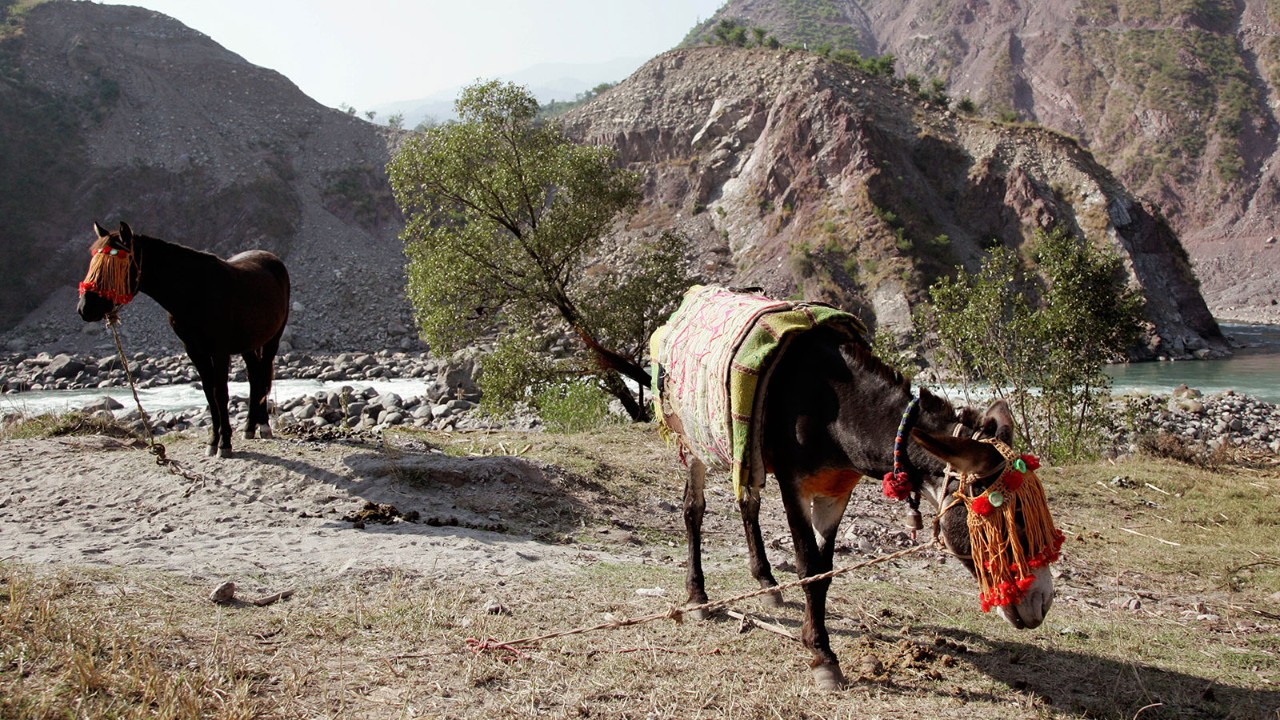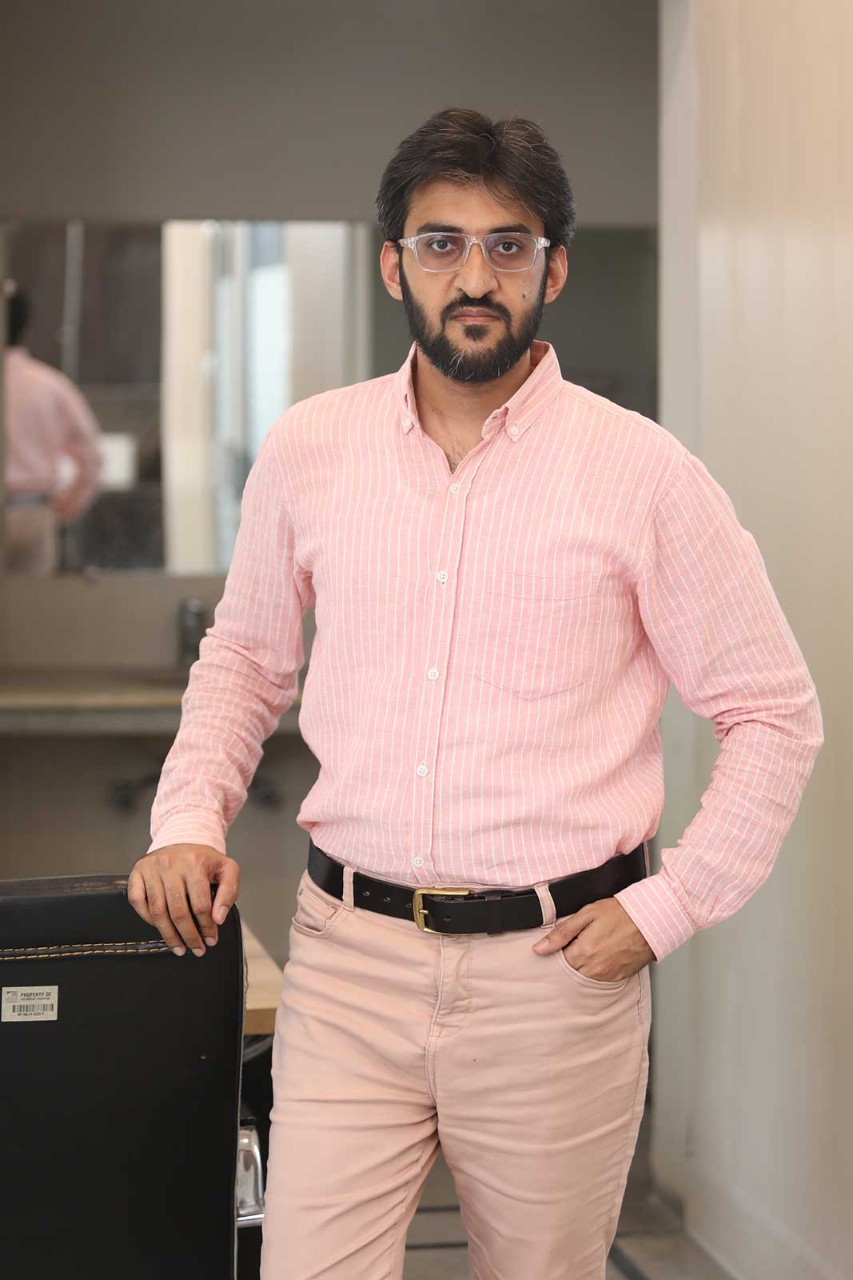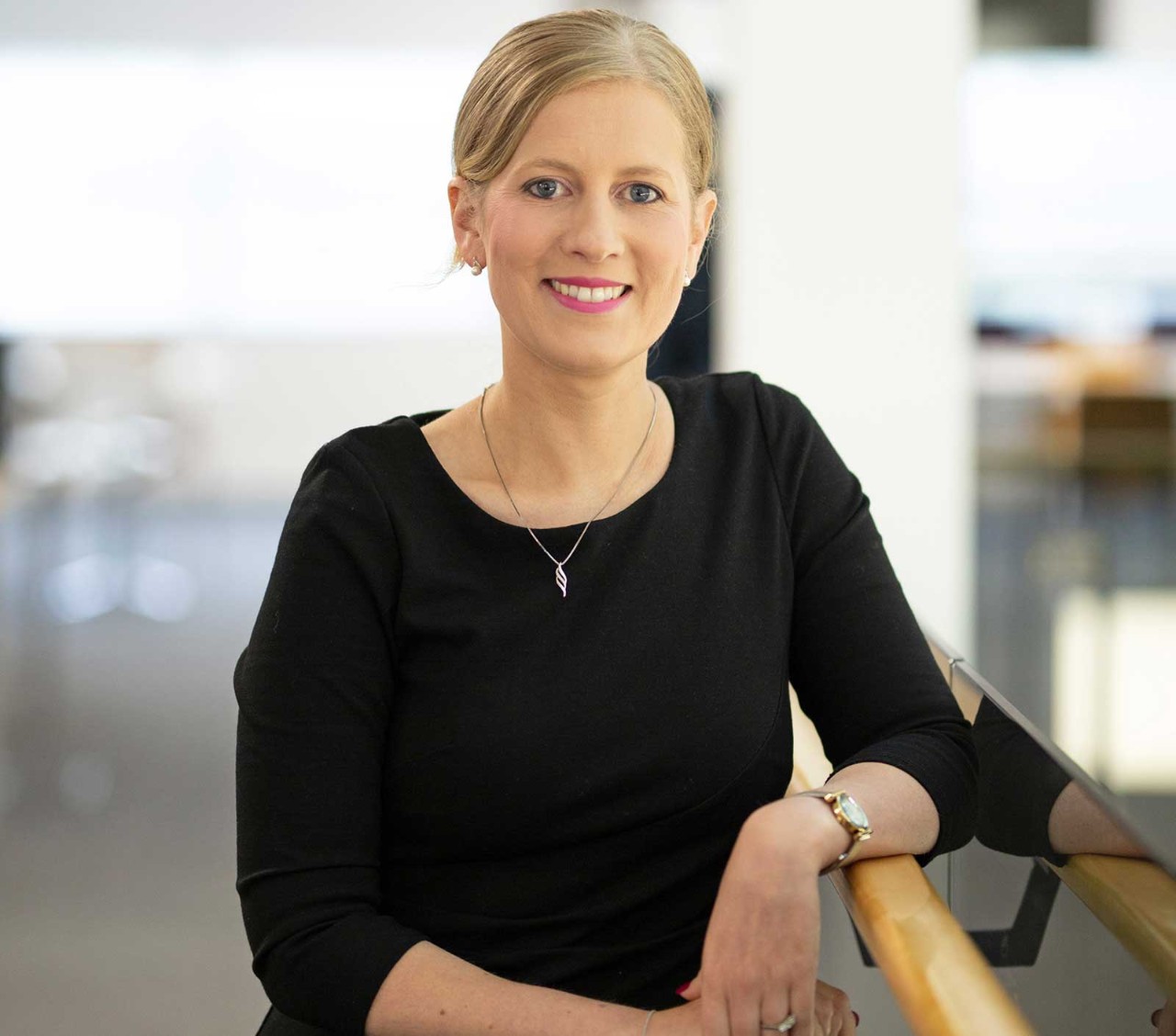
Animal welfare might not spring to mind as an important response to eradicating poverty in some of the world’s poorest countries. Yet the livelihoods of millions depend on the toil of a silent workforce comprising horses, donkeys and mules.
Empathy for these hard-working equines – and those who depend on them – drew Muneeb Mirza to Brooke Pakistan, the local arm of international charity Brooke (see panel), where he rapidly progressed to his current role as CFO. Brooke provides both veterinary care for working animals in Asia and across other parts of the world, and training to empower their human handlers to earn their way out of poverty.
‘What excites me most is the tangible impact we make in the lives of both animals and communities’
According to Brooke, more than 12 million marginalised people in Pakistan depend, either directly and indirectly, on working equids for a living. Whether carting goods and people, or working in the kilns and mines, these indispensable ‘beasts of burden’ provide a vital form of income for rural communities, as well as easing the load of household chores.

Mission-focused
Bringing his financial acumen to support a cause close to his heart has been ‘deeply rewarding’ for Muneeb. ‘What excites me most is the tangible impact we make in the lives of both animals and the communities that rely on them,’ he says.
Leading the country finance team, Muneeb oversees all financial aspects of the organisation including budgeting, financial reporting and strategic financial planning. ‘On a day-to-day basis I work closely with other departments to ensure financial sustainability and accountability while aligning our financial practices with the organisation’s mission and goals,’ he says.
‘Our aim is to create a synergetic effect across teams to get tasks done in less time, using fewer resources’
Non-profit pressure
‘Doing more with less is crucial,’ Muneeb says. ‘We contribute by implementing financial controls to ensure that each and every penny is generating more value, so that the remainder of resources can be spent on some other aspect. We also have the tools necessary to ensure compliance. That helps to check the value of money being spent on the programme’s operations.’
Brooke
With its origins in the UK (its patron is the Queen Consort), and set up by Scottish animal welfare campaigner Dorothy Brooke, the charity now has operations or partnership programmes in Afghanistan, Egypt, Ethiopia, Guatemala, India, Kenya, Senegal, Nepal, Nicaragua and Palestine, as well as Pakistan.
Brooke Pakistan has worked in more than 1,000 communities (515 brick kilns, 200 coal mines and 287 workplace communities) improving the direct health and welfare of 96,510 equids and 85,099 people.
The non-profit organisation has also trained 800-plus animal health providers including vets, paraprofessionals and farriers, ensuring that sustainable practices are developed and maintained.
With economic crises being experienced across the globe, there ‘has been some belt-tightening’, Muneeb concedes, adding that resilient organisations find ways to adjust. ‘We adapt through good management practices, getting suggestions from our people, and merging multiple activities where possible,’ he says. ‘Our aim is to create a synergetic effect across teams to get tasks done in less time, using fewer resources.’
‘To promote continuous improvement within a team, a leader should keep themselves updated’

Migrating to digital systems such as enterprise resource planning has been key to creating a leaner organisation. ‘Digitisation has revolutionised the finance function at Brooke Pakistan, streamlining processes, improving efficiency and enhancing data accuracy and analysis,’ Muneeb says.
‘By leveraging digital tools and technologies we have been able to automate routine tasks, reduce manual errors and gain real-time insights into our financial performance, enabling more informed decision-making and resource allocation.’
Learning focus
As a CFO, Muneeb recognises the importance of continuous learning and skill development for his accounting staff. Integral to his leadership style is providing opportunities for training, mentorship and professional development. As he explains, ensuring that his team stays abreast of industry trends and best practices ultimately enhances their effectiveness and contributes to the organisation’s success. Muneeb himself recently completed rigorous leadership training: ‘To promote continuous improvement within a team, a leader should keep themselves updated,’ he says.
Muneeb credits his ACCA qualification with supporting him throughout his career. ‘I chose the ACCA qualification for its global recognition, rigorous training and emphasis on ethics and professionalism. As it transpired, my ACCA membership has opened doors to diverse opportunities and provided me with the knowledge and skills necessary to excel in the finance profession,’ he says, adding that he has found ACCA’s CPD opportunities ‘very helpful’.
‘Seek out mentorship opportunities, continuously invest in your professional development’
For younger finance professionals aspiring to pursue a career in the non-profit sector, Muneeb’s advice is to stay passionate, resilient and adaptable. ‘It’s essential to have a deep understanding of the organisation’s mission and values, as well as the socio-economic context in which it operates,’ he says. ‘Seek out mentorship opportunities, continuously invest in your professional development, and embrace challenges as opportunities for growth and learning.’
Muneeb remains deeply grateful for the opportunity to contribute to the important work of Brooke Pakistan, and for the support of his colleagues, mentors and the broader community. ‘Together, we can make a meaningful difference in the lives of animals and communities in need,’ he says.



